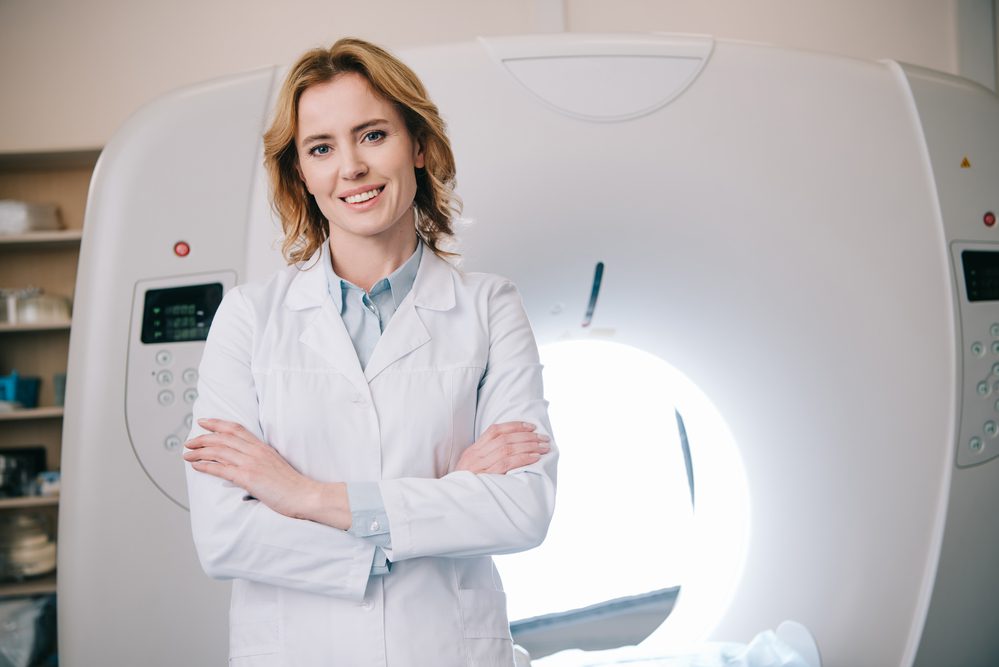In today’s fast-changing healthcare environment, staying up to date with knowledge, skills, and best practices is essential for every Allied Health Professional (AHP)—whether you're just starting your career or already established in your field. Continuing Professional Development (CPD) ensures that you remain competent, confident, and capable of delivering safe, effective, and person-centred care throughout your professional journey.
In this blog, we’ll explore the value of CPD for AHPs, how it can support your career progression, the recognised standards and types of CPD in the UK, what activities count towards it, and practical tips to help you take control of your ongoing learning and development.
Why CPD Matters for AHPs
CPD is more than a regulatory requirement—it's a key driver of professional excellence. For AHPs, engaging in CPD helps maintain fitness to practise, ensures compliance with bodies like the Health and Care Professions Council (HCPC), and supports the delivery of high-quality care across diverse healthcare settings.
Whether you're a physiotherapist, radiographer, occupational therapist, or speech and language therapist, CPD allows you to:
- Adapt to evolving clinical guidelines and technologies.
- Expand your scope of practice.
- Improve patient outcomes
- Gain confidence in your role
- Stay competitive in a growing healthcare workforce.
Continuing Professional Development (CPD) Standards for AHPs in the UK
Standards of continuing professional development set out what is expected and required of your continuing professional development. If you're registered with the HCPC, you're required to:
- Maintain a continuous, up-to-date, and accurate record of your CPD activities.
- Demonstrate that your CPD activities are a mixture of learning activities relevant to current or future practice.
- Seek to ensure that your CPD has contributed to the quality of your practice and service delivery.
- Seek to ensure that your CPD benefits the service user.
- Upon request, present a written profile (which must be your work and supported by evidence) explaining how they have met the standards of CPD.

What Counts as CPD? Types of Activities Recognised by the HCPC
The Health and Care Professions Council (HCPC) does not require a set number of CPD hours or endorse specific activities. Instead, the focus is on relevance and impact—you are encouraged to identify your development needs and choose activities that support your professional growth and enhance your practice.
Importantly, CPD isn’t limited to formal education. Any activity that contributes to your learning and development and can be reflected upon in a meaningful way can count. The key is to ensure it aligns with your role and improves the service you deliver.
Here are the main categories of CPD activities accepted by the HCPC:
1. Work-based learning: Reflecting on day-to-day experiences, learning from feedback, supervising others, or participating in audits and service reviews.
2. Professional activity: Contributing to your profession through committee work, delivering training, mentoring colleagues, or presenting at events.
3. Formal Education: Enrolling in accredited courses, attending conferences, or completing structured training programmes. For example, you might pursue specialist modules through The Open University or attend professional development events offered by The Centre for Advancing Practice, both of which provide recognised learning opportunities tailored to allied health professionals.
4. Self-directed learning: This is one of the most flexible and personalised ways to grow professionally—whether you're diving into thought-provoking articles in The British Journal of Radiology, tuning into insightful episodes of The AHP Leader podcast, exploring expert-led webinars from Health Education England (HEE), or simply dedicating time to study new clinical guidelines or research on your own.
Each activity should be relevant to your scope of practice, help you meet your professional development goals, and ultimately enhance patient or service-user outcomes. For more information, see the HCPC's guidance on CPD activities.

Practical Tips to Make CPD Work for You
- Create a personal development plan – Identify gaps in your knowledge or skills and set goals.
- Keep a reflective diary – Don’t just log what you’ve done; reflect on how it impacted your practice.
- Keep a reflective diary – Don’t just log what you’ve done; reflect on how it impacted your practice.
- Diversify your learning – Aim to engage in different types of activities across the CPD categories.
- Schedule regular time for CPD – Consistency is key. Even 30 minutes a week adds up.
- Use digital tools—apps like the CPDme platform help you track progress and store certificates.
- Join AHP forums and networks – Being part of a professional community can give you access to shared learning experiences and peer support.
Final Thoughts
CPD is not a box-ticking exercise—it’s an opportunity to invest in yourself, your patients, and your future. Whether you’re early in your journey or an experienced practitioner, your commitment to continuous learning speaks volumes about your professionalism and dedication to high-quality care.
By understanding the standards, embracing a variety of CPD formats, and planning your development proactively, you’ll stay compliant, confident, and equipped to thrive in your career.
Empower Your Career with Verovian Healthcare Recruitment Agency
At Verovian AHP Recruitment Agency, we are dedicated to empowering allied health professionals to achieve their career aspirations through a diverse range of resources, job opportunities, and professional development programmes.
As you work towards meeting your professional goals, our tailored services are designed to address your unique needs. We connect you with respected employers who prioritise continuous learning and professional growth. Whether you are seeking permanent roles, locum positions, or expert guidance on your next career move, our team is committed to supporting you at every step of your journey. Register with us today and let us help you advance your healthcare career.






